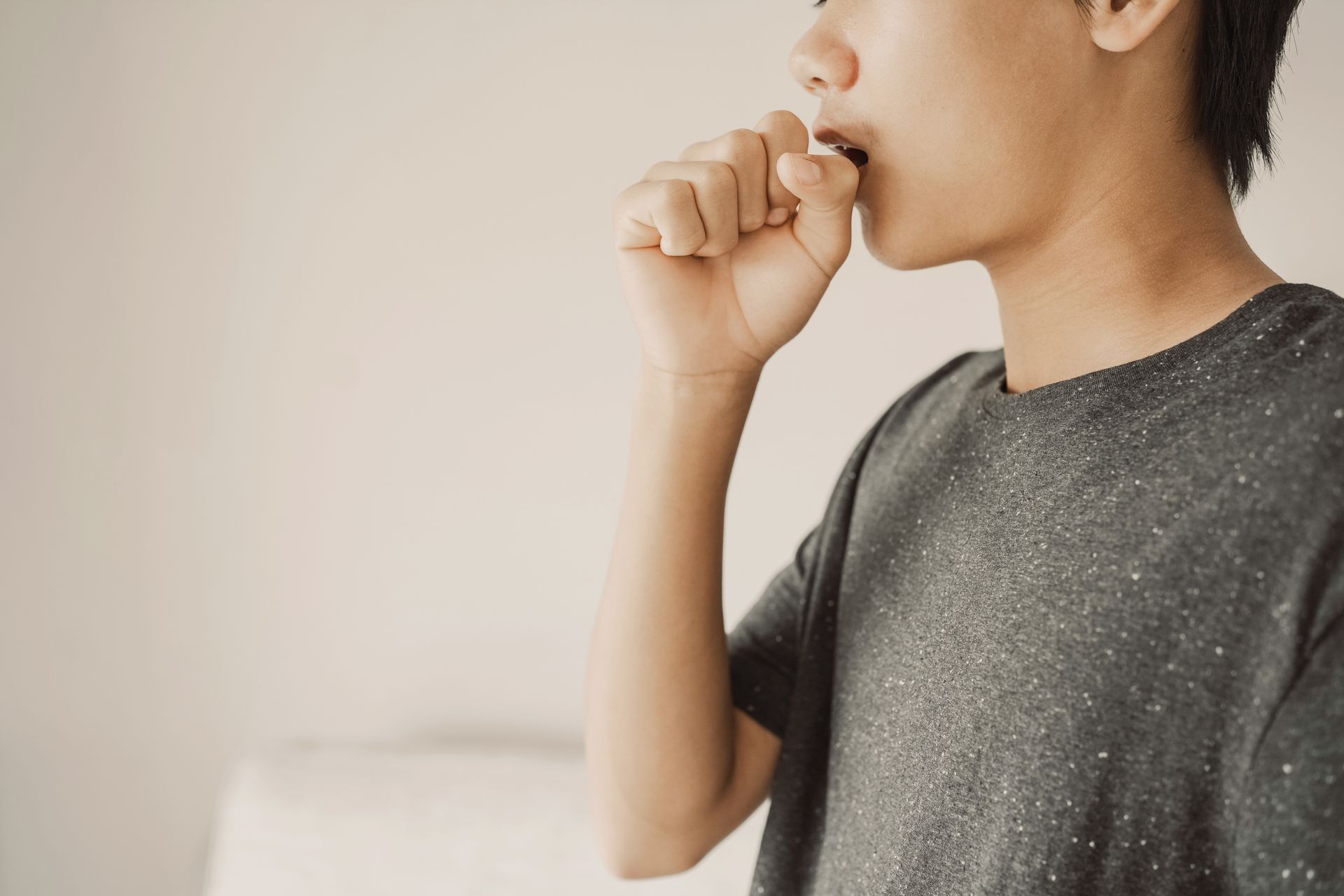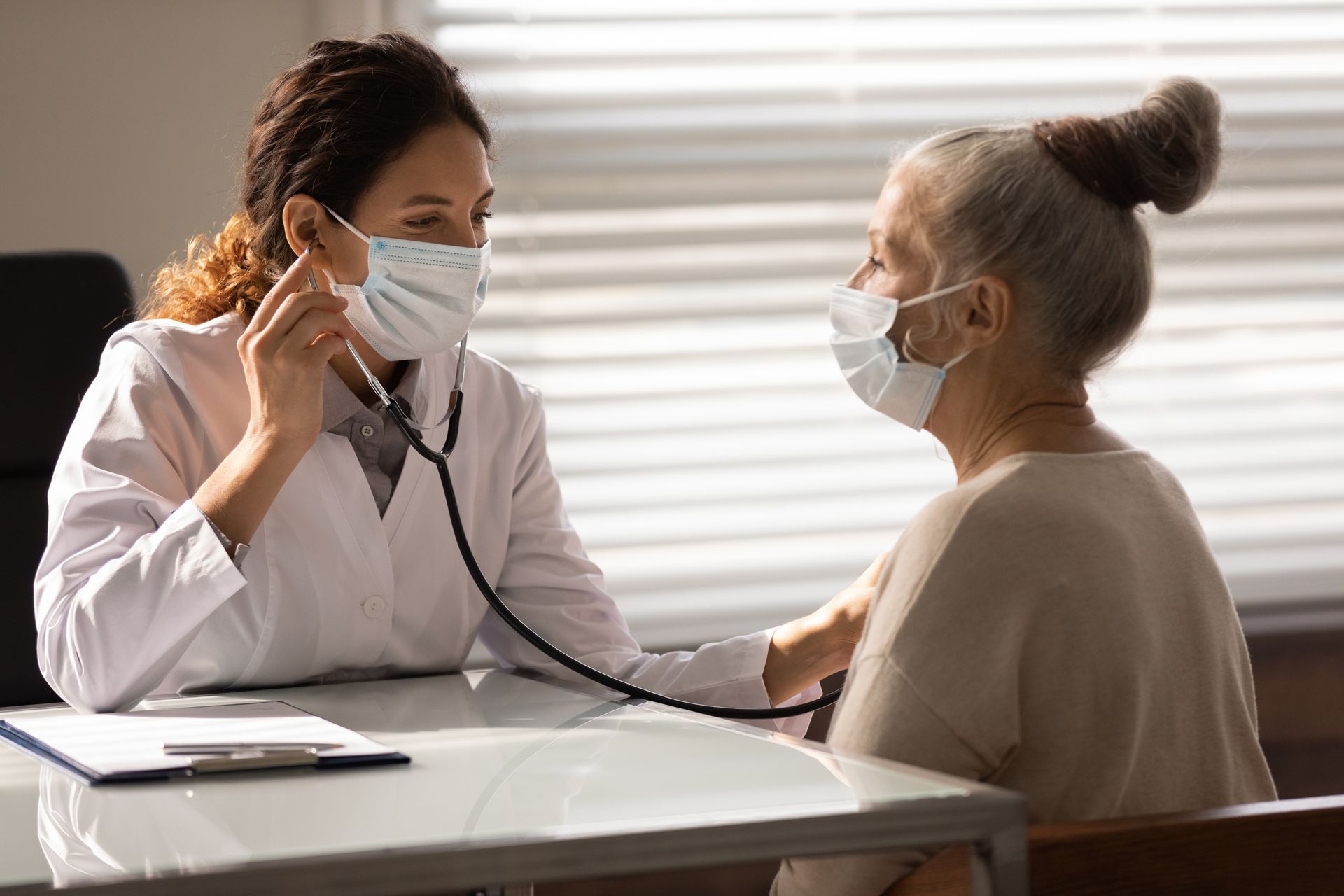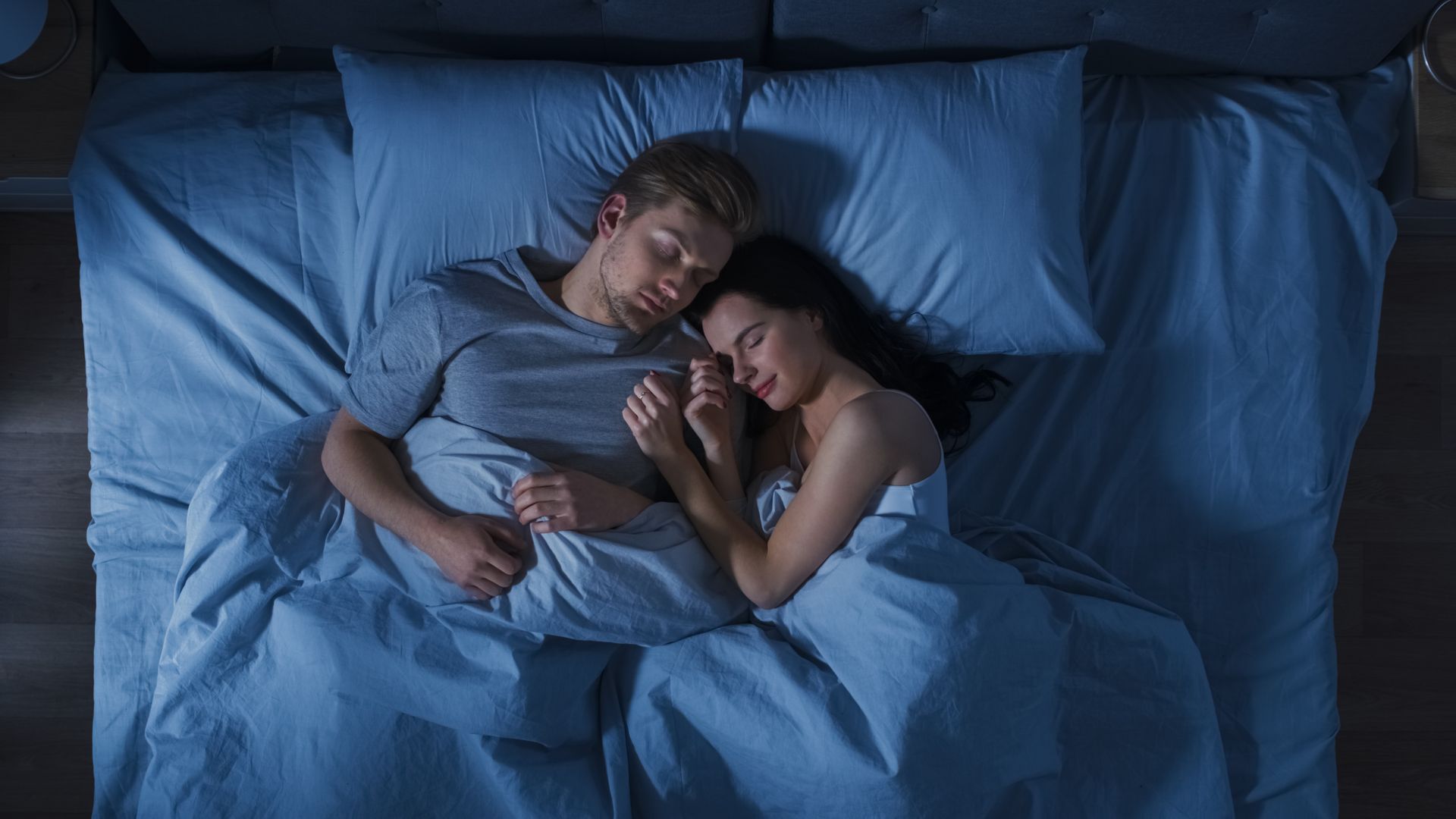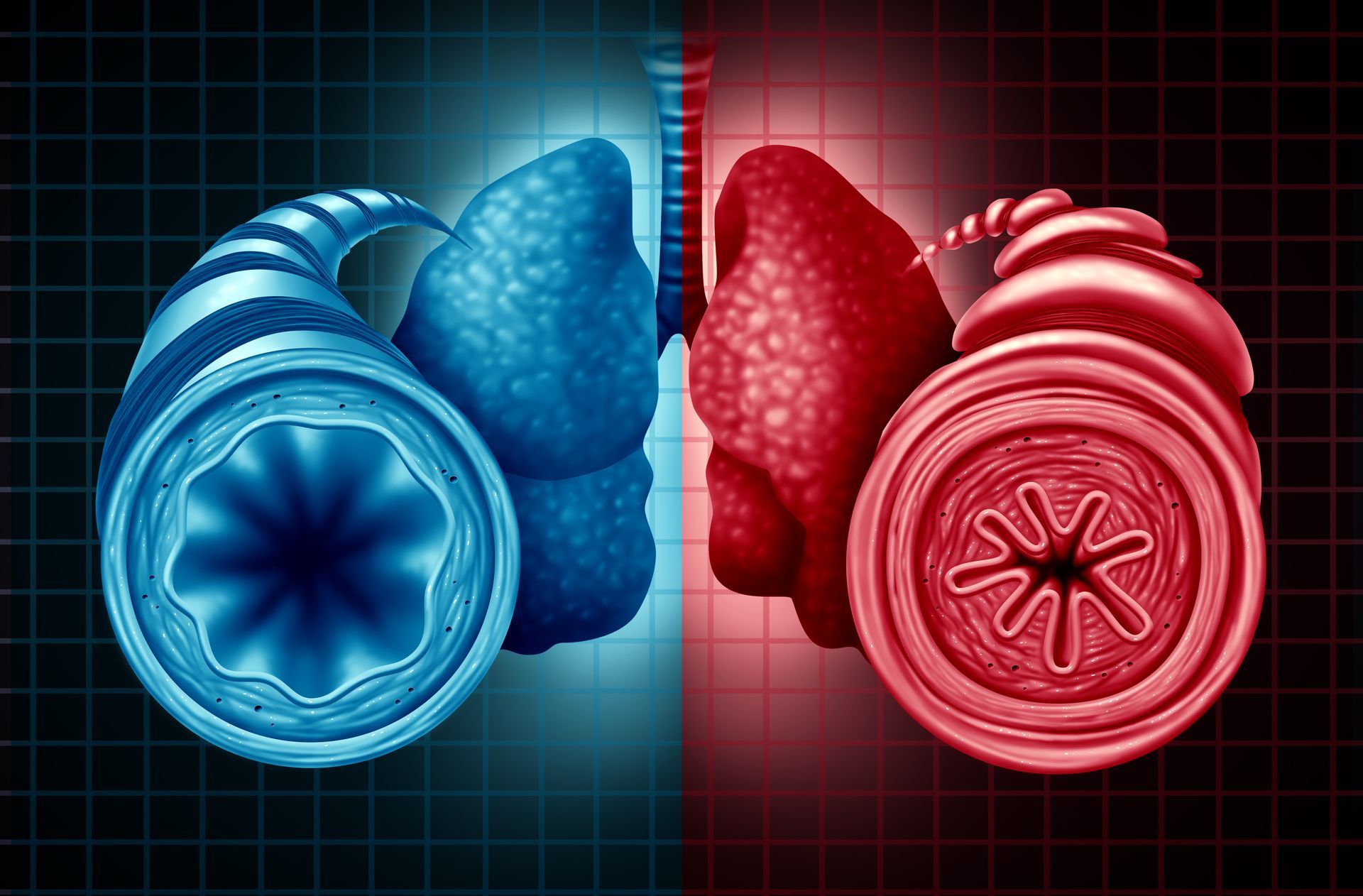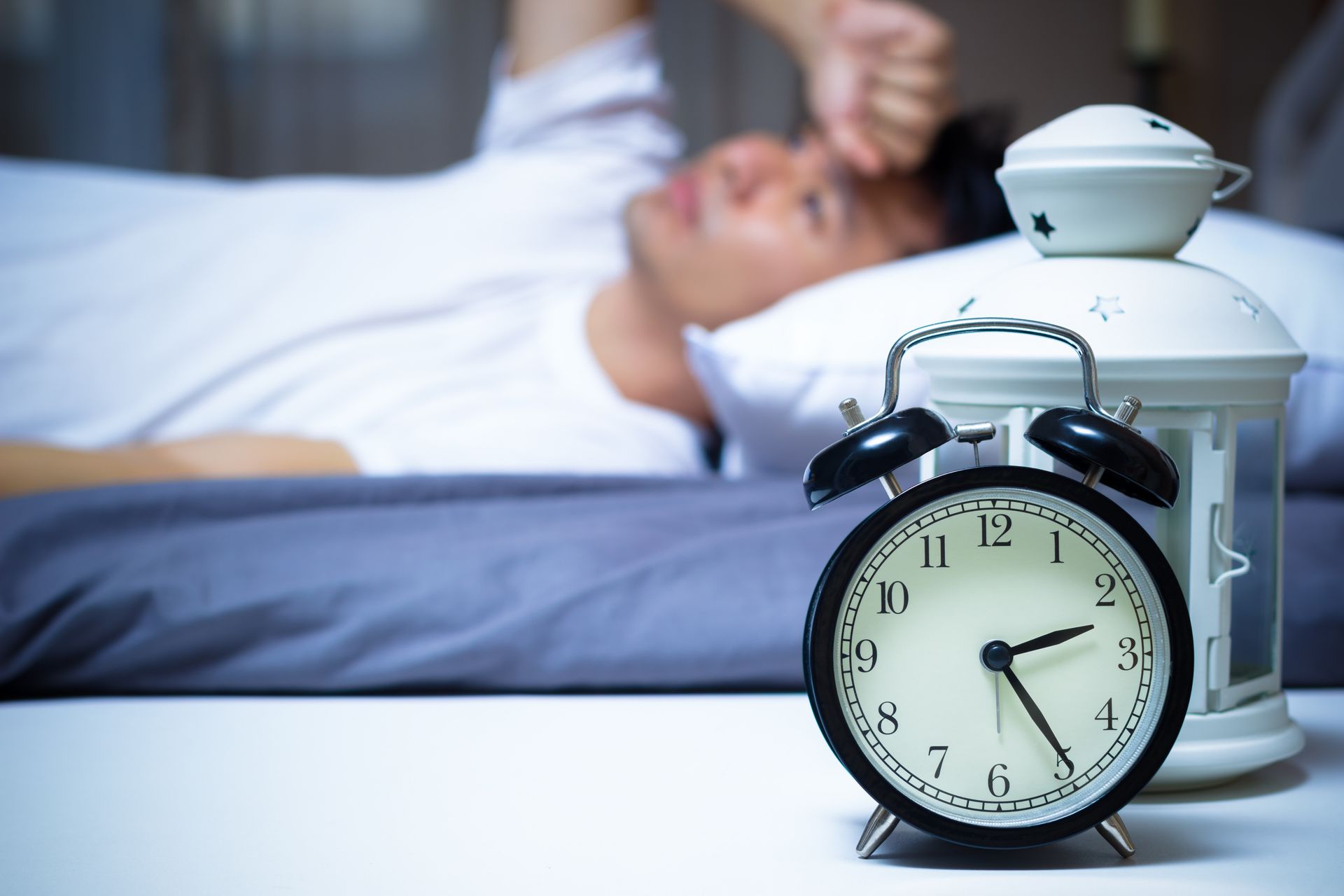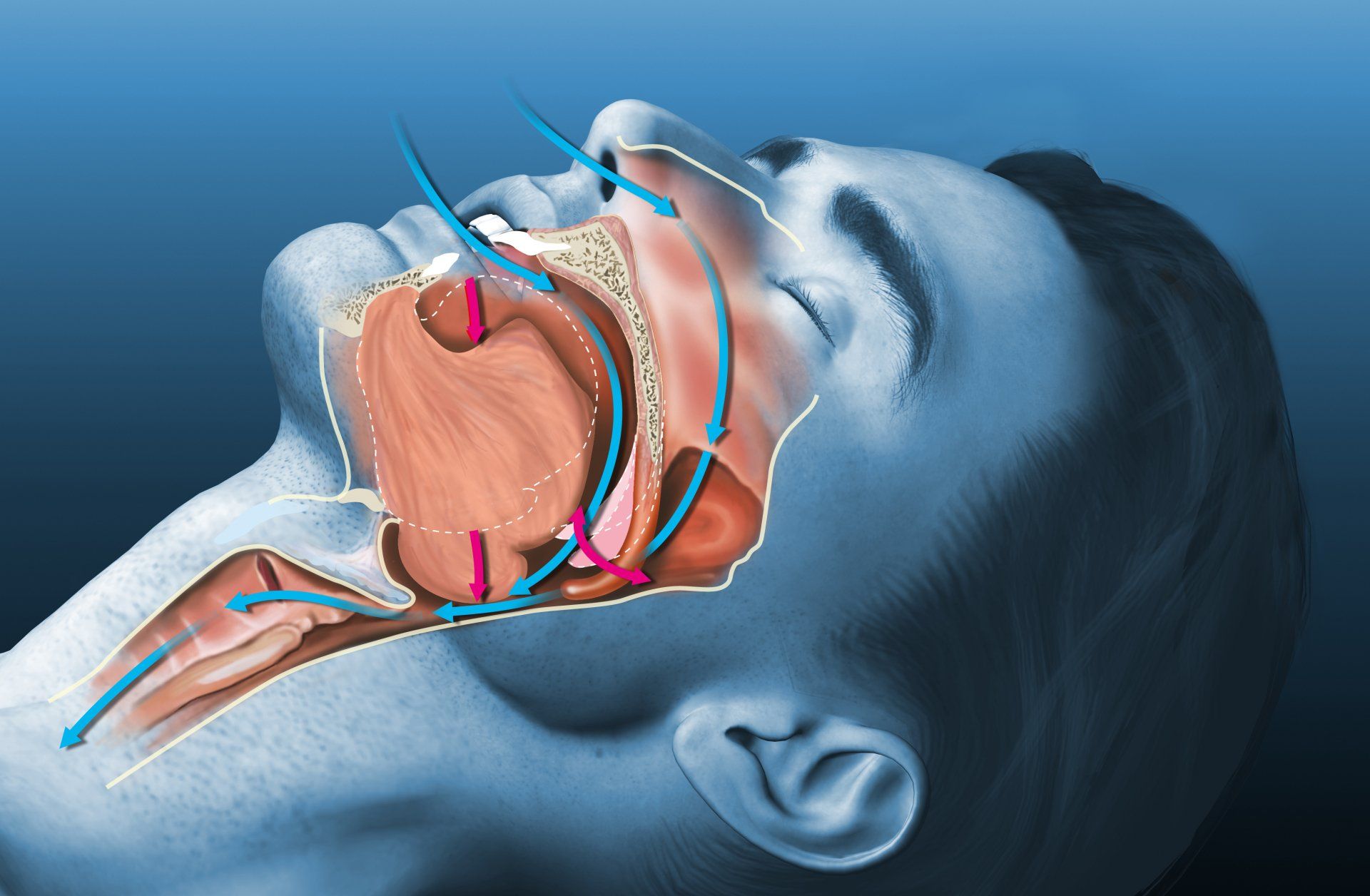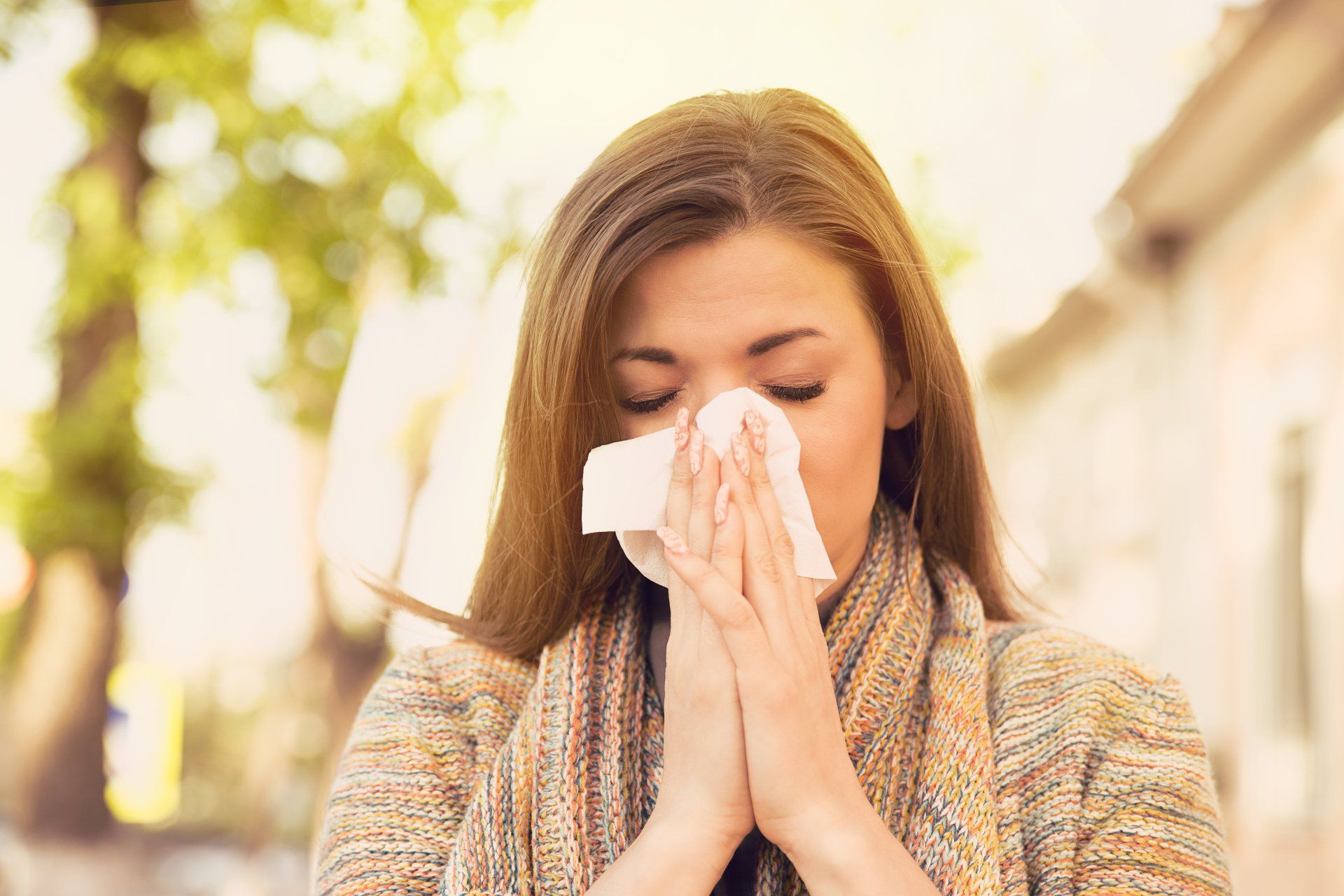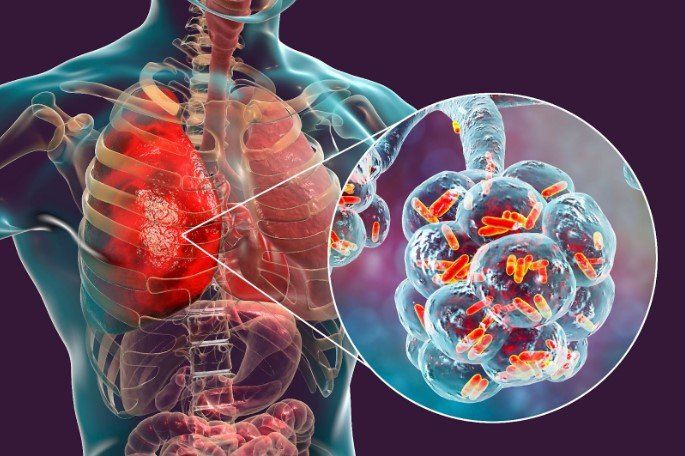5 Tips to Getting good Sleep when you have Pneumonia
A pneumonia diagnosis can be challenging.The endless coughing and fever you experience can drain your energy and make you feel miserable. Despite being tired, though, you can struggle to get the uninterrupted rest you need to recover.
Before we discuss strategies for improving sleep quality when dealing with pneumonia, let's first define this condition and its leading causes. This will help you understand just how your lung functions are related to breathing and sleep.
What is pneumonia?
When a healthy person breathes, air enters the lungs and fills up small air sacs called alveoli with oxygen. When you get pneumonia, however, your lungs swell up from the inflammation caused by the infection and those air sacs end up being filled with fluid or pus. This gets in the way of breathing and disrupts sleep.
What causes pneumonia?
Pneumonia is caused by various microorganisms.
Bacteria
Streptococcus pneumoniae often causes bacterial pneumonia, but other bacteria, such as Haemophilus influenzae, Legionella pneumophila and Mycoplasma pneumoniae, can also cause this type of pneumonia.
Viruses
The COVID-19 virus has given renewed attention to pneumonia, as it is
a common sign in patients with severe symptoms. Other viruses that can lead to pneumonia include the flu (influenza) and respiratory syncytial virus (RSV).
Fungi
Fungal pneumonia may be caused by breathing in spores from fungi (also known as moulds) such as aspergillus. They can cause severe pneumonia in people with weakened immune systems.
Parasites
Parasitic pneumonia is a rare form of pneumonia caused by parasites such as strongyloides. Similarly, they can cause severe pneumonia in people with weakened immune systems.
How does pneumonia affect your sleep?
Now that you know what causes pneumonia, let’s take a closer look at how it impacts your ability to get a good night’s rest.
Lungs
As stated above, pneumonia is a lung infection that often leads to inflammation and fluid or mucus buildup. This usually causes difficulty breathing, chest pain, shortness of breath, and coughing. These symptoms are disruptive and you may struggle to find a comfortable position to sleep in.
Heart
Mucus buildup makes it harder for those with pneumonia to take in oxygen. As a result, the heart needs to work harder to pump oxygen to the body, leading to increased heart rates and blood pressure. The strain can make it hard to even fall asleep.
Immune system
The immune system is crucial to fight off bacteria and infections in the body. However, when you contract pneumonia, your immune system is weakened, making your body vulnerable to unwanted viruses. This increases your chances of becoming sick and developing symptoms like coughing and wheezing that can disrupt your sleep.
Fatigue
Pneumonia causes inflammation in the lungs, which decreases the amount of oxygen circulating in the blood, reducing energy levels and causing fatigue. Pneumonia also causes physical deconditioning, further contributing to fatigue. This fatigue can affect you during the day and disrupt your usual night time sleep cycle.
How to get a good night's sleep with a pneumonia diagnosis?
Inadequate sleep can lead to a longer recovery time and a higher risk of complications. So what can you do to improve your sleep while recovering from pneumonia? Here are some tips:
Elevate your head
Sleeping with your head elevated can reduce coughing and improve breathing. Use an extra pillow or a wedge pillow to elevate your head and chest while sleeping.
Stay hydrated
Dehydration can make pneumonia symptoms worse and make it harder to sleep. Be sure to drink plenty of water throughout the day.
Use a humidifier
A humidifier can help keep the air moist, making breathing easier and reducing coughing. Be sure to keep the humidifier clean to avoid the growth of bacteria.
Practise good sleep hygiene
Stick to a regular sleep schedule, avoid caffeine and alcohol in the evening, and create a sleep-conducive environment by keeping your bedroom dark, quiet and cool.
Medications
Adhere to the medications prescribed by your doctor. For example, in addition to antimicrobial treatment, your lung specialist will prescribe medications that can help reduce symptoms of pneumonia.
Looking for a lung specialist to treat your pneumonia and sleep difficulties?
Pneumonia can disrupt a good night’s sleep and affect your mood and productivity. While sleep tips can help, it is best to consult a specialist for treatment and to tackle any persistent side effects.
At Respiratory Medical Associates, our doctors have years of experience in treating lung and sleep disorders in people of various ages and backgrounds.
Contact us today
for a consultation.





